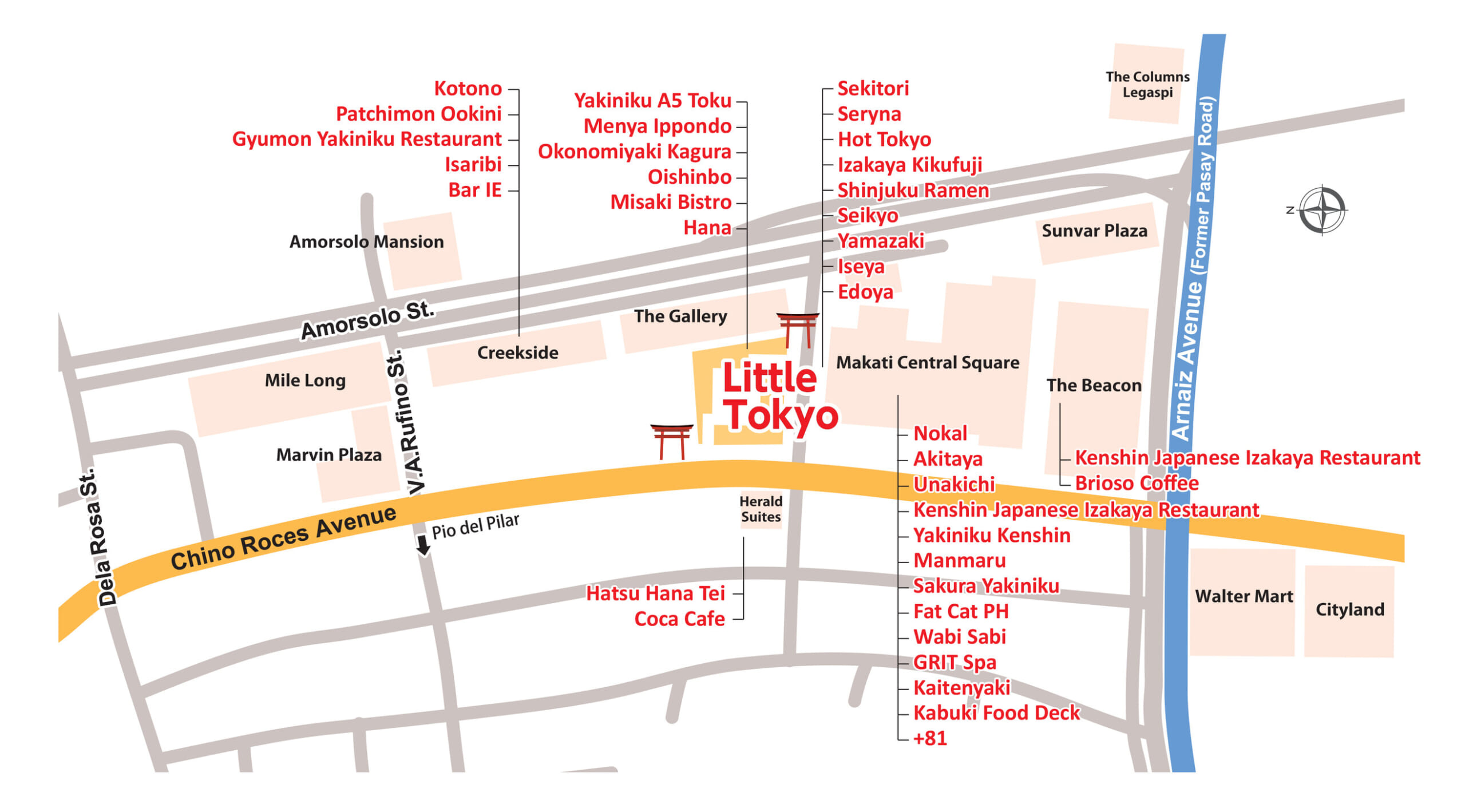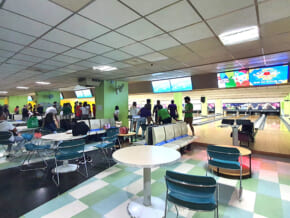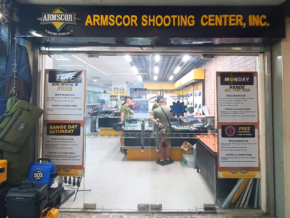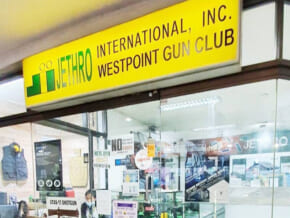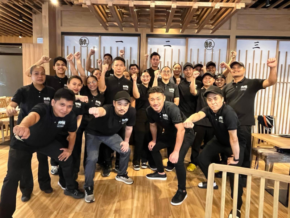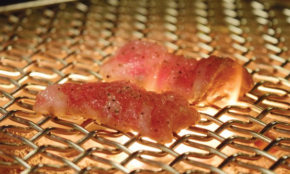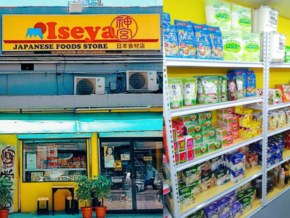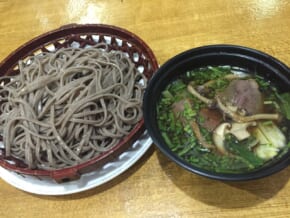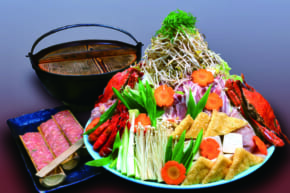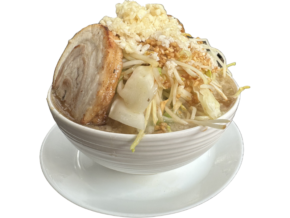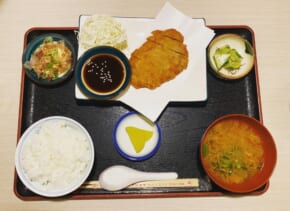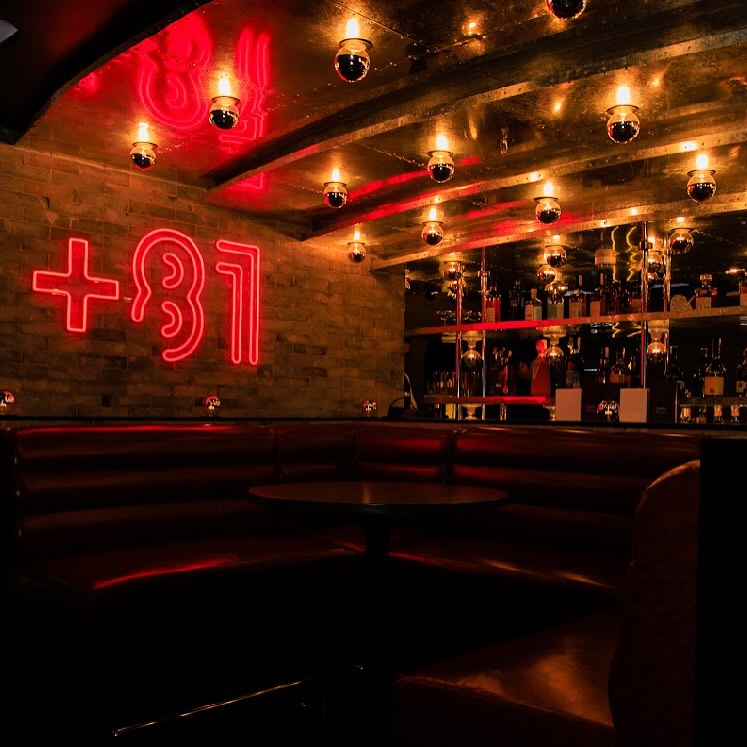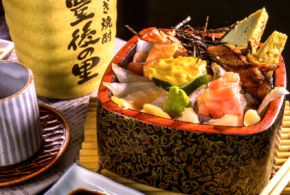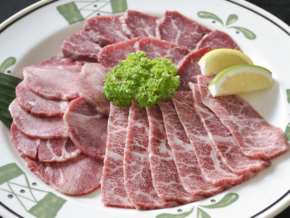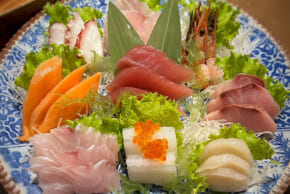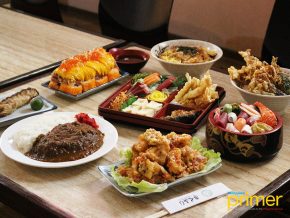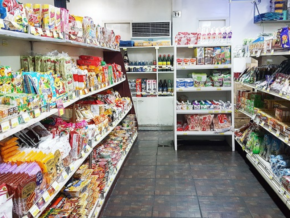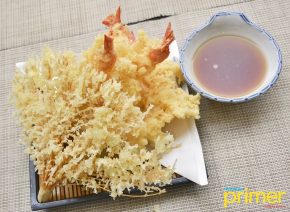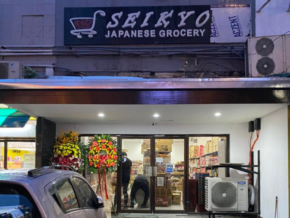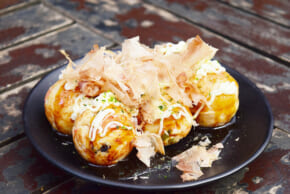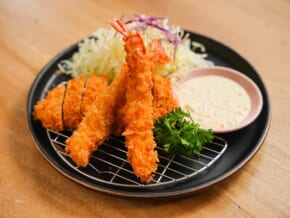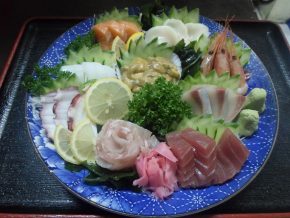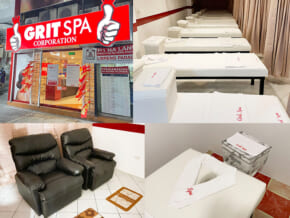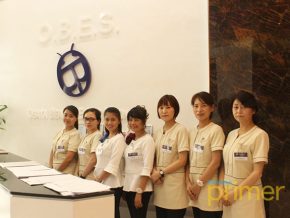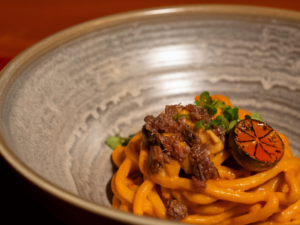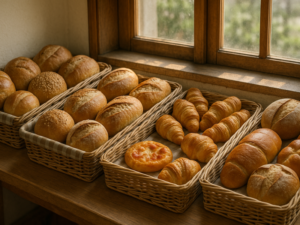Little Tokyo and MCS in Makati: Underrated Food and Shopping Hubs in the Metro
Japanese communities outside of Japan are commonly called Japantown, serving as a piece of refuge for the Japanese yearning for home. Some of them are also named J-Town, Little Tokyo, and Nihonmachi. There are a handful of Japanese communities in the country, and the one in Makati is called Little Tokyo.
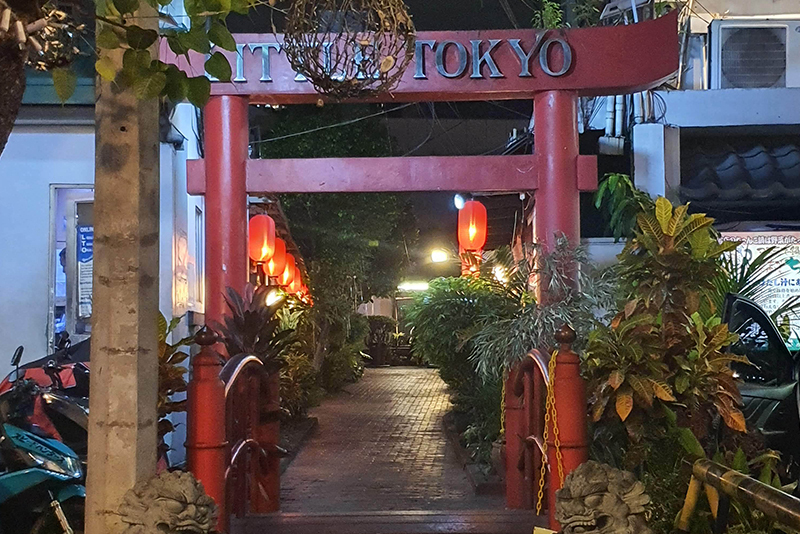 IMAGE from Philippine Primer
IMAGE from Philippine Primer
Little Tokyo in Makati lit its lanterns in 1999 and has since been welcoming both Japanese expats and Japanese food lovers alike. Welcoming visitors are two iconic torii gates, one on Fernando Street and the other on Chino Roces Avenue. Strictly speaking, Little Tokyo refers to the compound that you reach by entering one of the torii gates. However, through time, the community of Japanese restaurants have grown and sprouted up in the surrounding establishments such as Makati Central Square, Creekside, and Beacon Tower.
Little Tokyo is a unique enclave that encapsulates the rich cultural tapestry of Japan in the metropolis. It also symbolizes the enduring cultural exchange between the Philippines and Japan, offering a sanctuary for lovers of Japanese food and aesthetics.
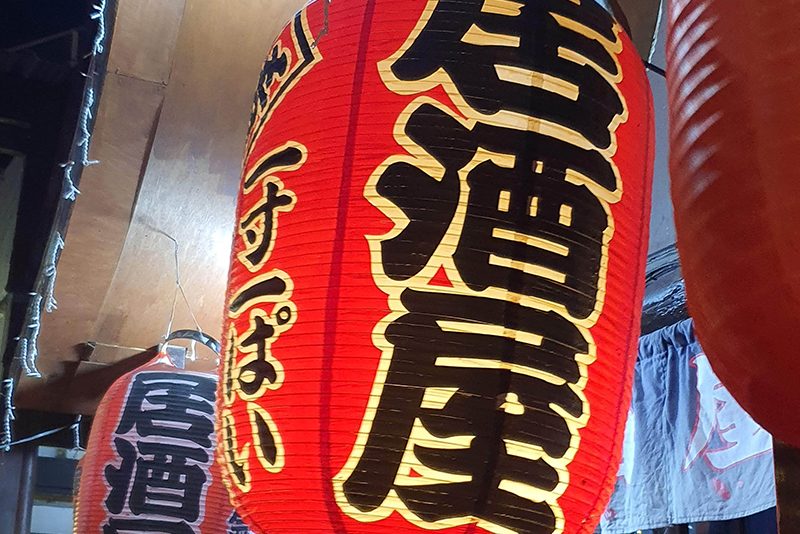 IMAGE from Philippine Primer
IMAGE from Philippine Primer
Renowned for its authentic Japanese dining experiences, Little Tokyo boasts a plethora of traditional diners, ramen shops, and izakayas that cater to the discerning palate. Each establishment meticulously crafts an atmosphere that transports visitors to the streets of Tokyo, providing an immersive dining encounter. The architectural nuances within Little Tokyo further contribute to the authenticity of the experience, with structures and decor reminiscent of traditional Japanese aesthetics that foster a sense of cultural immersion that transcends geographical boundaries. Indeed, Little Tokyo provides a multifaceted gateway into the rich tapestry of Japanese culture, establishing itself as a cultural oasis within the urban sprawl of Makati.
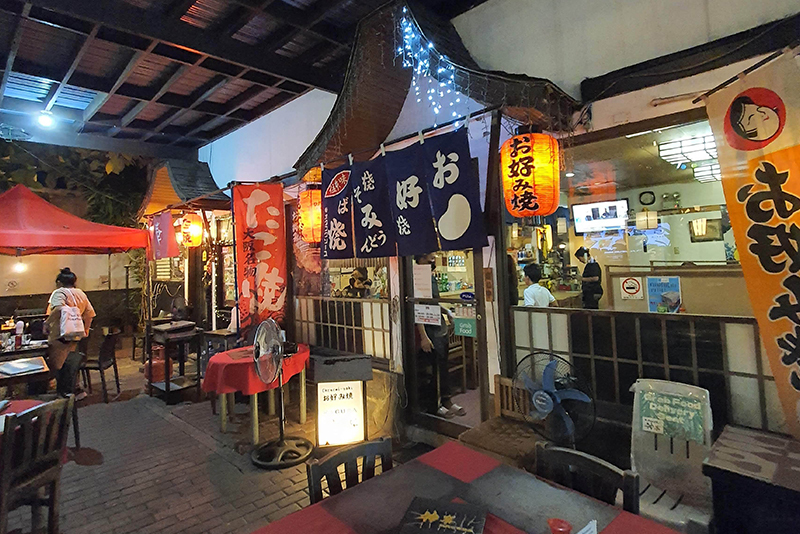 IMAGE from Philippine Primer
IMAGE from Philippine Primer
Makati Central Square
Makati Central Square (MCS), formerly known as Makati Cinema Square, is a distinctive commercial establishment on the outskirts of the city’s central business district. Despite its formal name change in 2018, the old moniker, MCS, prevails in common usage, thanks to its rich history and unique charm. The mall’s diverse offerings and unconventional arrangement of shops create an intriguing atmosphere, with each entrance leading to a different experience: from phone accessories stalls to an underground bar named NoKal.
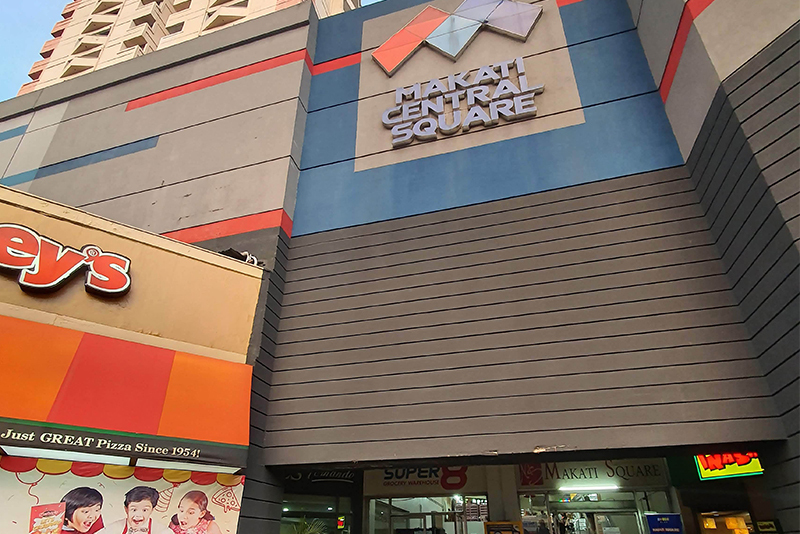 IMAGE from Philippine Primer
IMAGE from Philippine Primer
Originally built in the ’80s by the Rufinos, MCS thrived as a Makati institution with theaters and a Plaza Fair department store. The mall is known for hosting both ubiquitous stores and unique vendors, ranging from cellphone stalls to vinyl stores, vintage watch stores, and even a gun shop.
Over the years, the mall, however, faced challenges such as frequent raids due to errant stalls peddling bootleg DVDs in 2008. Despite its faded facade and tarnished reputation, the independently owned units within the mall faced the challenges together, leading to a slow recovery initiated by air conditioning repairs in 2018.
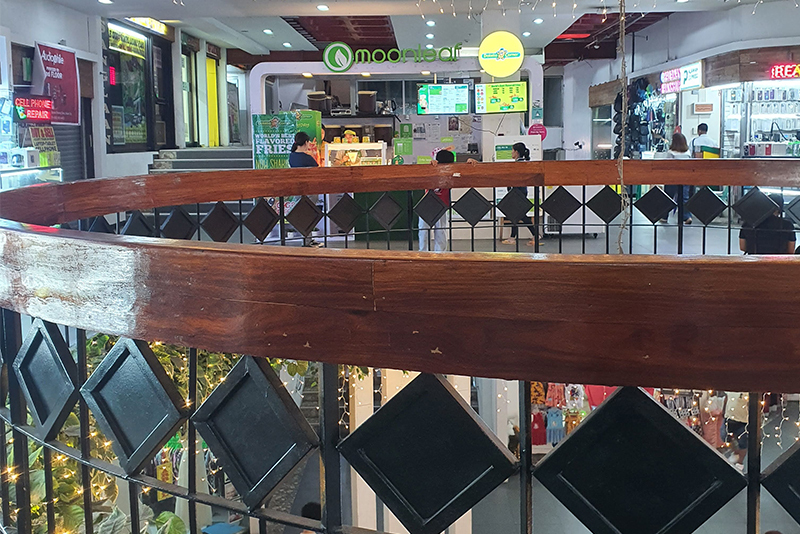 IMAGE from Philippine Primer
IMAGE from Philippine Primer
The revitalization efforts injected new life into MCS, attracting news businesses and restaurants. As MCS gradually found its niche, drawing in substantial foot traffic, the pandemic posed challenges, causing a dip in visitors and closure of some establishments. However, the vision for the mall’s future persisted, with plans to bring elements of Makati’s nightlife district, Poblacion, to MCS’ basement starting with the introduction of NoKal, a popular Pob bar that found a new home in the mall.
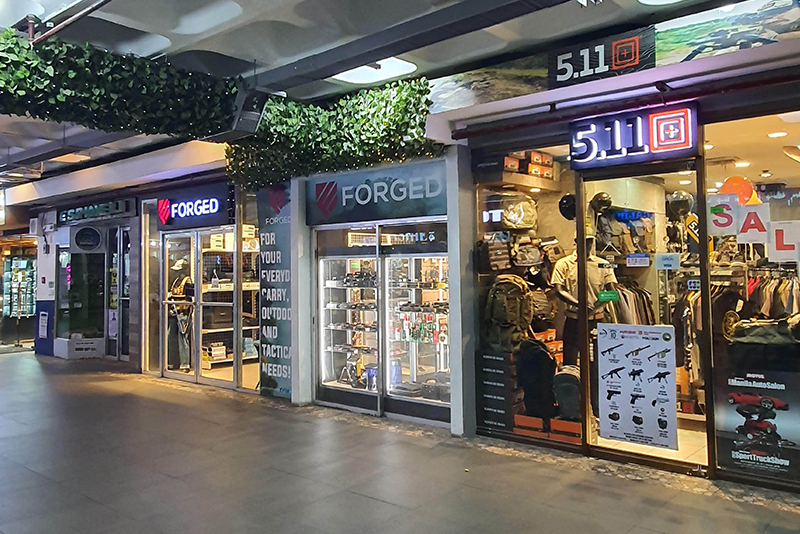 IMAGE from Philippine Primer
IMAGE from Philippine Primer
Despite its aged appearance, MCS continues to be a dynamic hub where visitors can explore eclectic offerings, from food to vintages and everything in between.
 IMAGE from NoKal
IMAGE from NoKal
Where to go: a guide map
